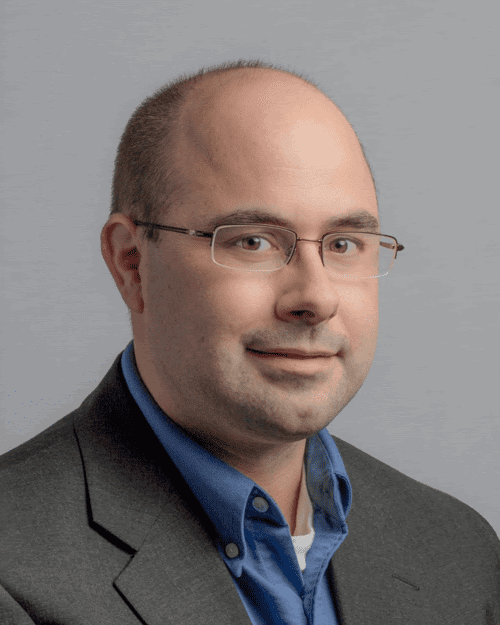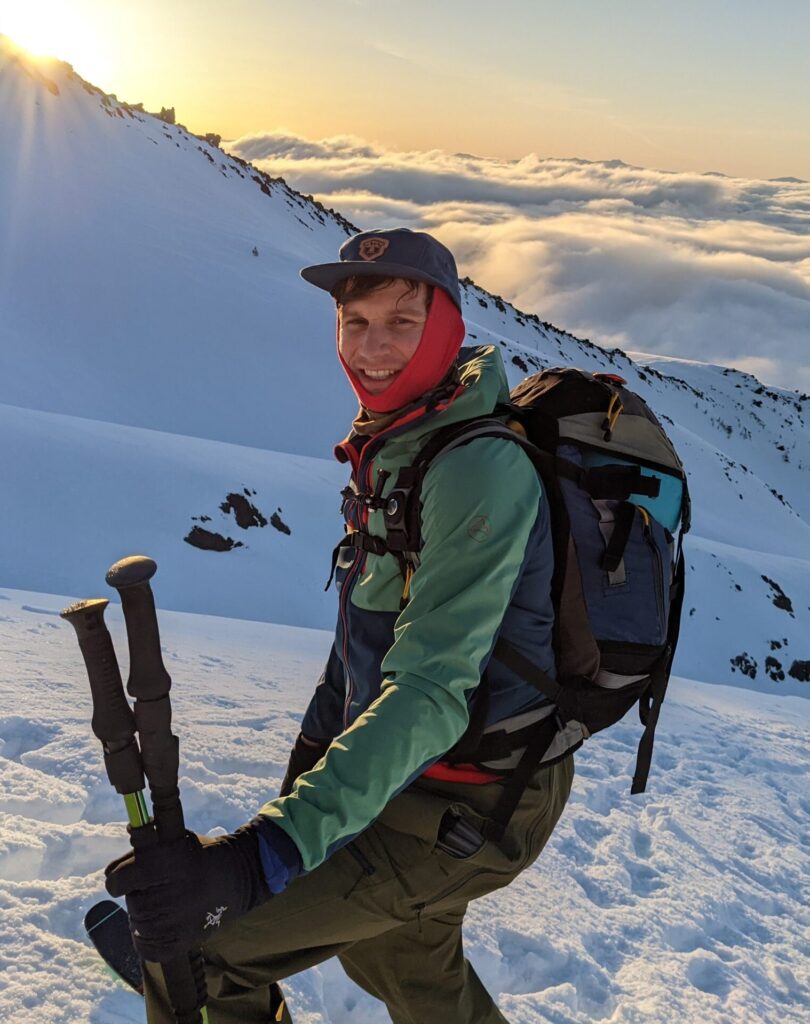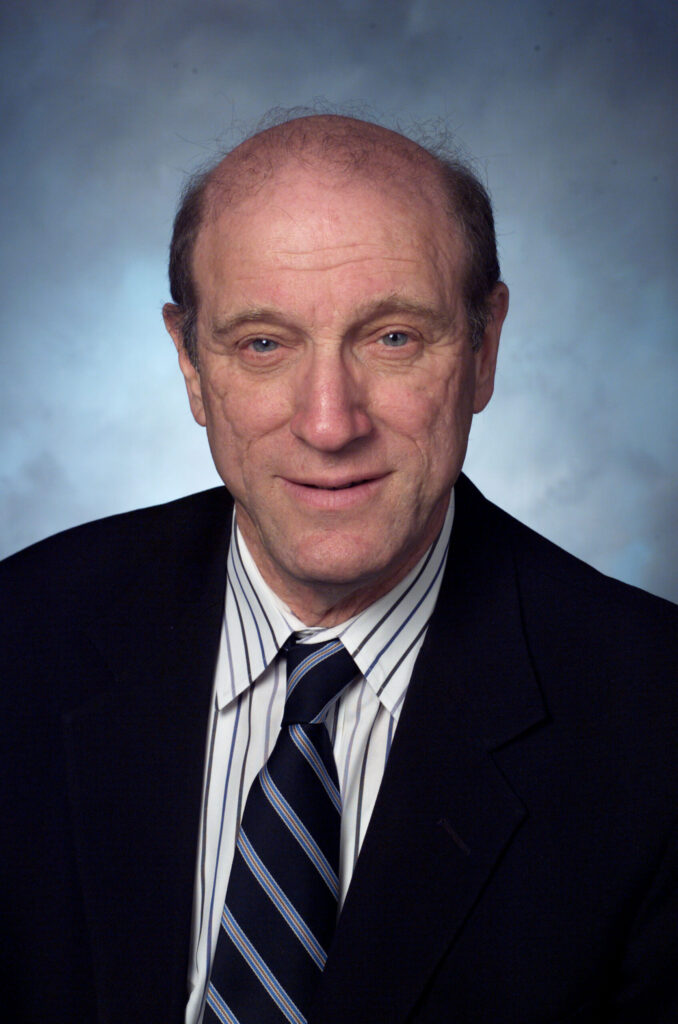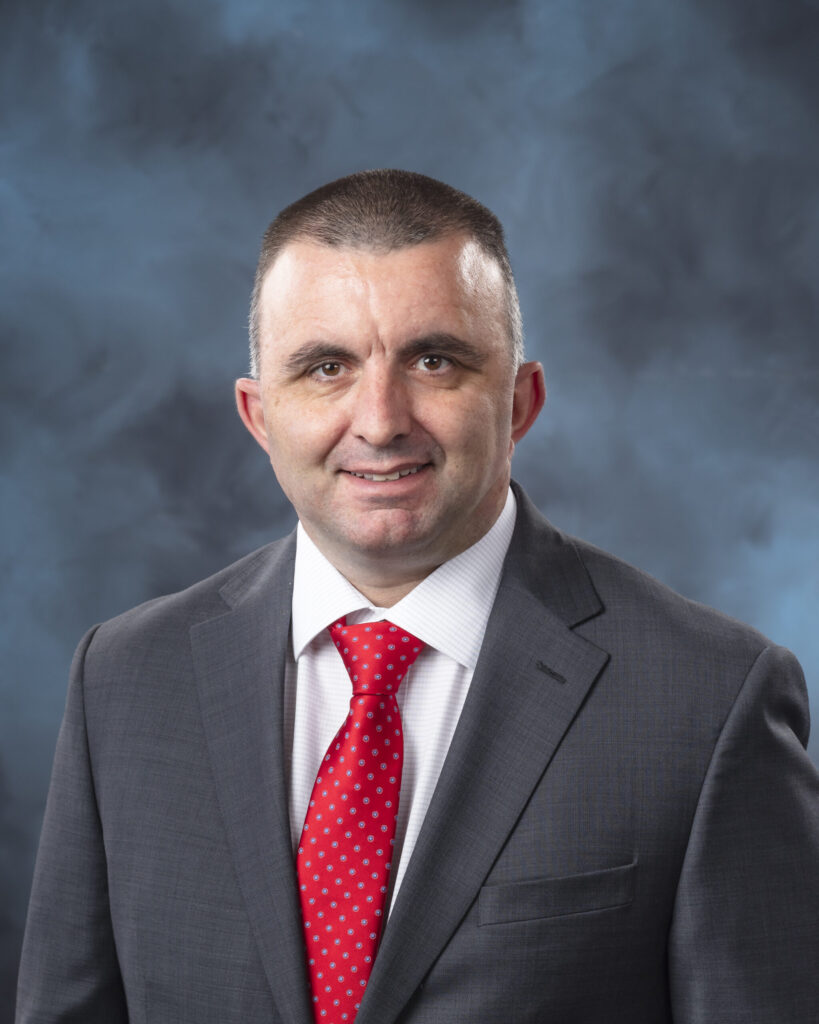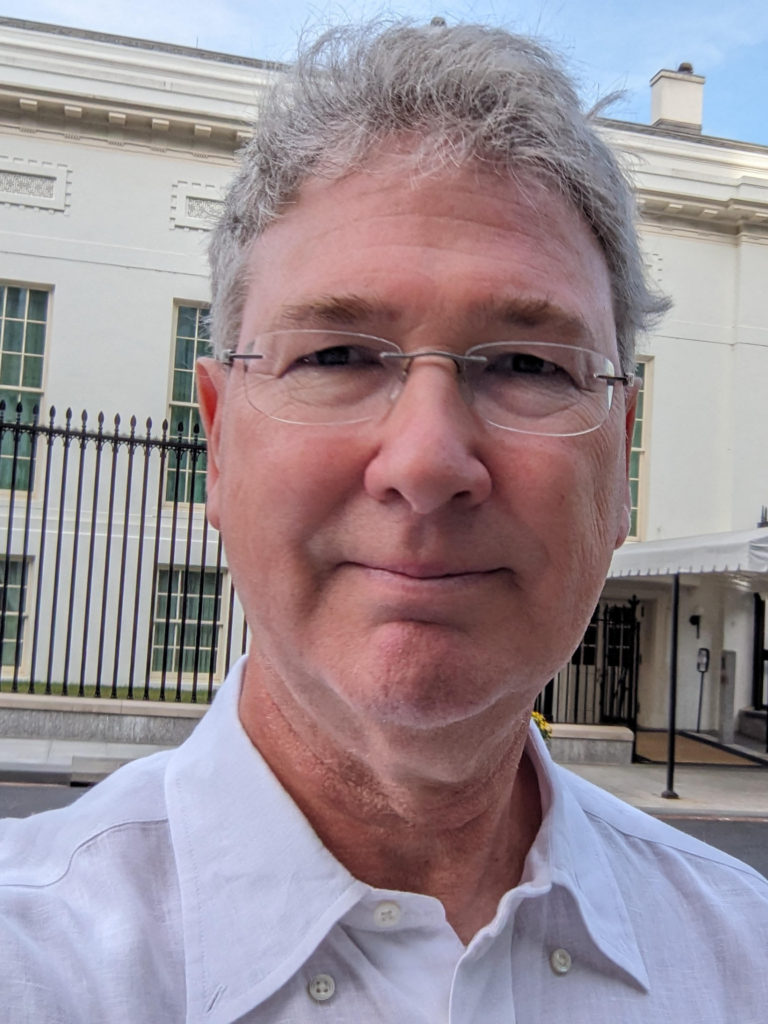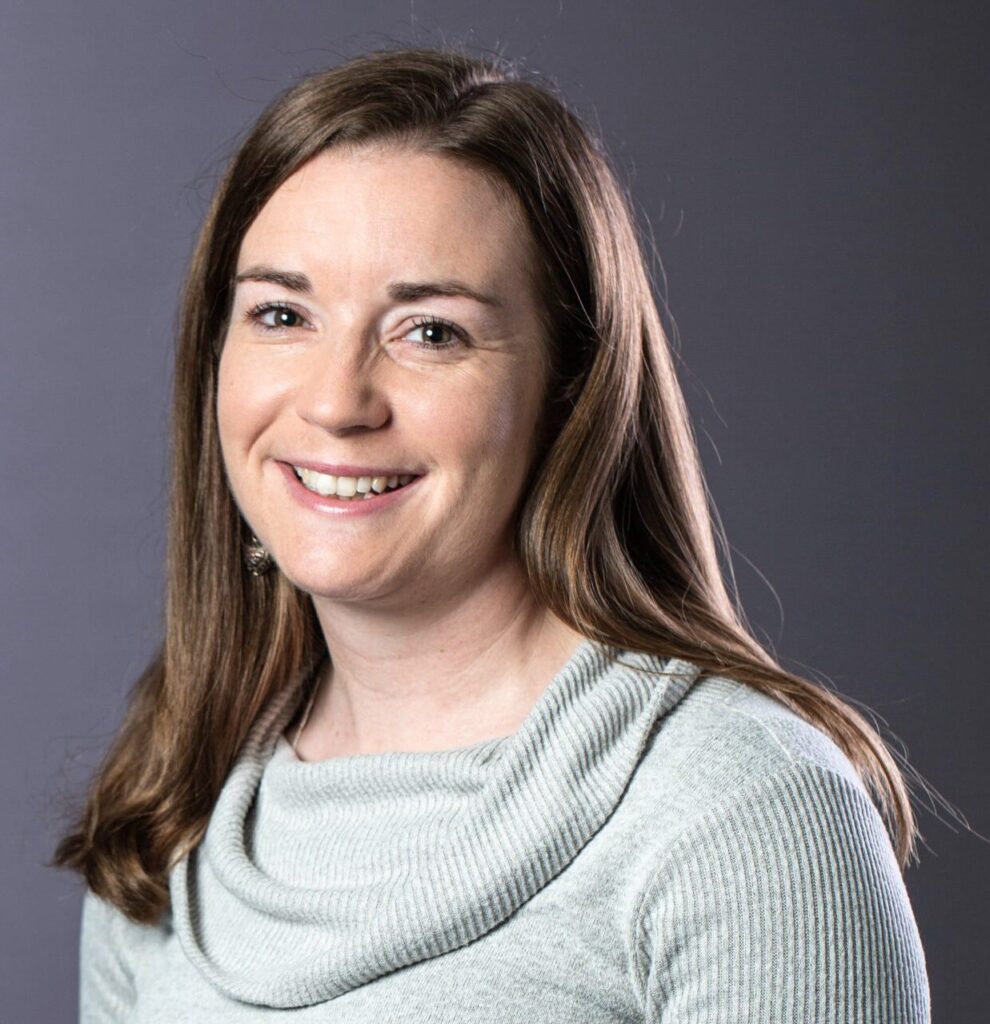Fall 2024 Colloquium Series
The Development of SHINE Technology’s Used Nuclear Fuel (UNF) Recycling Program
SPEAKER: Ross Radel, PhD, PE DATE/TIME: MON, 10/28/2024 – 3:00PM TO 4:00PM LOCATION: 3105 ETCHEVERRY HALL Abstract: SHINE Technologies, LLC (SHINE) is leading a venture to address the nation’s UNF…
Read MoreA Brief History of Kinetics Methods and the Relationship with Molten Salt Reactor Development
SPEAKER: Zander Mausolff Manager, Nuclear Safety & Deputy Project Engineer on MCRE DATE/TIME: MON, 10/21/2024 – 3:00PM TO 4:00PM LOCATION: 3105 ETCHEVERRY HALL Abstract: The understanding of the time-dependent behavior…
Read MoreAmerican Physical Society Leo Szilard Award Lecture: Why we have confidence that the design of nuclear power plants against earthquakes is adequate
SPEAKER: Robert J. Budnitz Staff Scientist (retired), Lawrence Berkeley National Laboratory DATE/TIME: MON, 10/14/2024 – 3:00PM TO 4:00PM LOCATION: 3105 ETCHEVERRY HALL Abstract: Concerning seismic safety, the nuclear-engineering community has…
Read MoreGround-Satellite Communications Interferences from Nuclear Detonations
SPEAKER: David Hooper Senior R&D Staff Member at Oak Ridge National Laboratory and the Group Leader of the Incident Modeling and Computational Sciences Group of the Nuclear Nonproliferation Division DATE/TIME:…
Read MoreLet’s be an Awesome Future’s Past
SPEAKER: Ross Koningstein Engineer, Director Emeritus, Google Research DATE/TIME: MON, 09/23/2024 – 3:00PM TO 4:00PM LOCATION: 3105 ETCHEVERRY HALL Abstract: When it comes to climate change and human development, what…
Read MoreAnalysis of small samples of spent nuclear materials for interpreting reactor operating history
SPEAKER: Brett Isselhardt Nuclear Engineer, Lawrence Livermore National Laboratory DATE/TIME: MON, 09/16/2024 – 3:00PM TO 4:00PM LOCATION: 3105 ETCHEVERRY HALL Abstract: Interpreting the operating history of a nuclear reactor is…
Read MoreHere comes the sun: Harnessing inertial fusion energy
SPEAKER: Ellie Tubman Assistant Professor, UC Berkeley Department of Nuclear Engineering DATE/TIME: MON, 09/09/2024 – 3:00PM TO 4:00PM LOCATION: 3105 ETCHEVERRY HALL Abstract: Fusion research is an ongoing, worldwide effort…
Read More